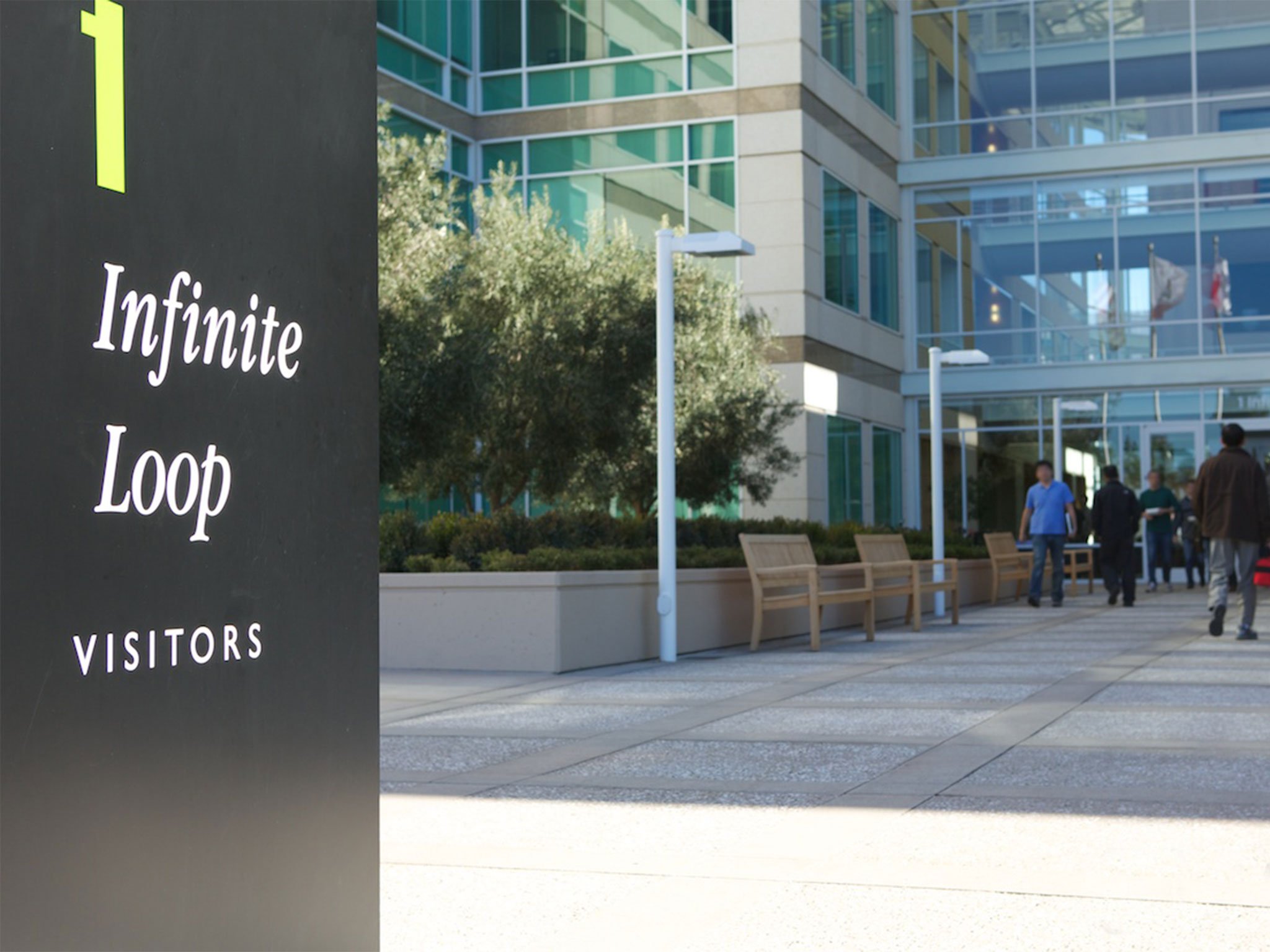Schrödinger's Apple

Chuq von Raspach, writing for his chuqui blog:
Apple's always been a data driven company, but I think they've gotten overly reliant on data to drive business decisions. Spreadsheets can tell you where the sweet spots in the market are and how to hit them, but they struggle at finding and bringing forward strategic areas that also need coverage. That was, actually, one thing that Steve excelled at. It means you need people in leadership who understand their user base and which bits are strategic and need to have product coverage.Apple's view of its users doesn't match its users: I think Apple's lost sight of its users. It clearly has a model of what their user base is, but there have been multiple instances in the last 18 months where the user reaction has clearly been much different than Apple expected it to be.The new MacBook Pros and the Touch Bar are the most recent example: Apple clearly expected us to fall in love with this new bit of technology and saw it as a tentpole feature. I think down the road it may well be, but the reaction to the announcement was a lot less enthusiastic than they seemed to expect, and more criticism of it being a bauble and not a feature.Another example is 3D Touch/Force Touch, which Apple clearly saw as this huge usability improvement, and even now, users seem to either not know about it or not care, and its implementation is inconsistent across Apple's own apps — it seems like Apple is still trying to figure out how to turn this into the usability tool it thought it had when it first announced it.Another example would be the popularity of the iPhone SE, which clearly surprised Apple. They misjudged how many people wanted the smaller form factor by a wide margin, and that people really were interested in it seems to have been something they completely missed.These are signs to me that Apple doesn't understand its users as well as Apple thinks it does, which is a huge problem. In fact, I'd say it's the one big problem that leads to the other ones we're griping about (not supporting segments of users, not getting demand right, misjudging how interested users will be in features).
I don't generally like to pull that much of a quote, but Chuq's piece is long and thoughtful enough that there's still plenty left to read. And you should.
Last week I posted my annual problems facing Apple piece. Some were similar, some different. I included shipping, the horn effect, the need for better service experience, and positioning for what's next. I explained the "what" but I neglected to explain the "why".
Chuq, who used to work at Apple, Palm, and other Silicon Valley staples, went straight for the "why".
Fixing it, of course, is non-trivial. Should Apple go back to doing less but doing it better? That's not realistic at this point. Should Apple figure out how to scale the same focus and attention from one business to three, to nine, to many? That'd be terrific, but how do they do that and remain Apple?
Maybe the company should simply set better expectations for themselves and for their customers? Right now, all too often, we have Schrödinger's products — not dead yet certainly not alive — and that hurts everyone.
iMore offers spot-on advice and guidance from our team of experts, with decades of Apple device experience to lean on. Learn more with iMore!

Rene Ritchie is one of the most respected Apple analysts in the business, reaching a combined audience of over 40 million readers a month. His YouTube channel, Vector, has over 90 thousand subscribers and 14 million views and his podcasts, including Debug, have been downloaded over 20 million times. He also regularly co-hosts MacBreak Weekly for the TWiT network and co-hosted CES Live! and Talk Mobile. Based in Montreal, Rene is a former director of product marketing, web developer, and graphic designer. He's authored several books and appeared on numerous television and radio segments to discuss Apple and the technology industry. When not working, he likes to cook, grapple, and spend time with his friends and family.
